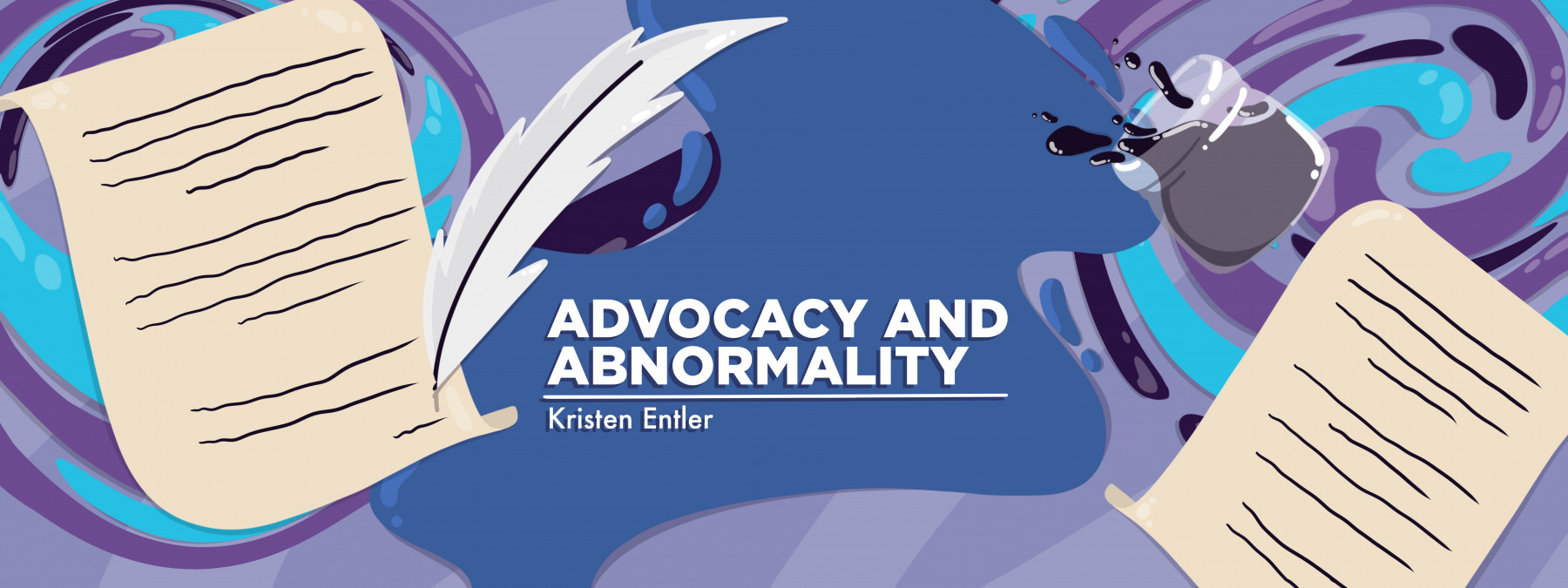Trusting a Future Where I Do More Than Just Survive

When the U.S. Food and Drug Administration announced two years ago it had approved Trikafta (elexacaftor/tezacaftor/ivacaftor) for some cystic fibrosis (CF) patients 12 and older, I carried what I considered to be a healthy amount of skepticism about the hype. Articles like this one from The Washington Post were being posted on every CF discussion thread I was in.
I had started treatment with Orkambi (lumacaftor/ivacaftor), the first of several CFTR modulators approved to treat CF patients with two copies of the F508del gene, and the first modulator I was eligible to take. It did its job, at the very least, holding my health steady.
Orkambi came into my life at a time when I was starting to get sicker more often. It had started to feel like my healthiest days were behind me.
But Orkambi reduced my hospitalization rate, which allowed me the freedom to live out the remaining years of undergraduate college without the added stress and restrictions that come with being hospital-level sick in any given semester.
Even so, my lung function never really improved on Orkambi. I still coughed that familiar hacking CF cough if I laughed too hard. Colds still demolished my ability to function. And I still felt generally unwell on days when I wasn’t outright sick.
I couldn’t tolerate Orkambi’s sister drug, Symdeco (tezacaftor/ivacaftor), very well, though. Although I had experienced Orkambi’s infamous mucus “purge,” which Janeil Whitworth aptly describes here, my body eventually adjusted. But Orkambi never got along with Symdeco, which dragged my lungs until they felt swollen and never caused me to cough anything up.
I ended up on IV antibiotics, and decided to switch back to a medicine I knew would at least hold my health steady. I chose this instead of one that actively made my health worse. It was a classic case of “If it’s not broken, don’t fix it.”
I was nervous that I’d be similarly disappointed with Trikafta. I was starting my second year in graduate school while working part time at a bookstore. I didn’t have the time to manage any potential side effects. I decided to wait until the end of the semester to have space during the break to let my body level out from any possible side effects.
As the phrase “miracle pill” began floating around the ether, I started Trikafta on Dec. 3, 2019 — less than three months after it received FDA approval, and just before the official start of winter break.
There is so much I could say about the months that followed my first dose. I imagine that eventually, I will say them. But right now, I want to focus on the strangeness of living a life I never thought could be mine. I want to marvel in the individual miracle of science that almost cures, but not quite.
I am still learning how to trust the idea of a future where I do more than just survive. I am starting to witness the small miracles of a body that at least tries to act normal.
The year is quickly entering fall, and the middle of another semester. As a graduate student living two states away from home, it is my first time attending this particular campus. I walk roughly 3 miles a day.
I am out of shape in the way that people had always complained to me about feeling. I am short of breath, but I swear I can feel the lower lobes of my lungs. They sting, as if remembering what the touch of air feels like, sweet and alive. It’s like an antidote to skepticism.
***
Note: Cystic Fibrosis News Today is strictly a news and information website about the disease. It does not provide medical advice, diagnosis, or treatment. This content is not intended to be a substitute for professional medical advice, diagnosis, or treatment. Always seek the advice of your physician or other qualified health provider with any questions you may have regarding a medical condition. Never disregard professional medical advice or delay in seeking it because of something you have read on this website. The opinions expressed in this column are not those of Cystic Fibrosis News Today, or its parent company, Bionews, and are intended to spark discussion about issues pertaining to cystic fibrosis.









Leave a comment
Fill in the required fields to post. Your email address will not be published.